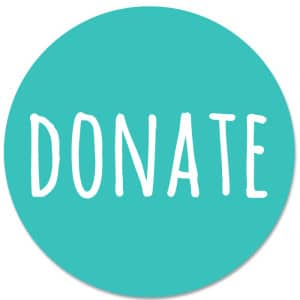When a pregnant or new mother presents to your service, very often she will not speak to you about her depression or anxiety. It takes a long time for a woman to have the courage to go to her GP about the symptoms she is experiencing, and by the time she does, she has often had them for a long time. GP’s would need to be pro-active in picking up signs of depression/anxiety, but in a 15 minute appointment when a woman is presenting with other issues, that is a hard ask.

What are the benefits as a GP to becoming a referring partner with Mothers Helpers?
For you:
- It saves your GP time: your practice nurses can screen expecting and new mothers using their recall system and Mothers Helpers’ online Postnatal Depression Edinburgh scale which automatically adds up scores, then (with consent) refer to Mothers Helpers anyone showing a high score
- After an assessment, Mothers Helpers will report back to you anyone needing a medication review, crisis team or Maternal Mental Health intervention. If needed, we will often put through the call to the crisis team ourselves. We’ll also refer them to a range of other support services based on any gaps we’ve identified, and offer her a place on our recovery programme
- Our assessments are carried out by trained social workers and counsellors and supervised by a registered nurse in addition to a registered counsellor/social worker
- Any GP who has joined our Referral Partnership Programme would be eligible for a nomination for Mothers Helpers’ Best Practice Award, acknowledged as a partner and recommended by us to expectant and new mothers
For women:
- When a woman is picked up early for depression/anxiety, she recovers more quickly. This significantly reduces the risk of her developing more severe depression/anxiety, chronic depression and reduces her suicide risk
For families:
- Early intervention can reduce the impact depression/anxiety has on families
- Without early intervention, an unborn child is at-risk of emotional, cognitive and physical development issues including mental illness. The baby of a woman with postnatal depression can experience insecure attachment that increases their risk of developing learning difficulties, mental illness, addiction, delinquency, trouble with the law and suicide
- Partners are at-risk of developing partner-depression and there is the risk of relationship breakdown/divorce. Early intervention can help prevent this
Mothers Helpers provides the only recovery course for women with mild-moderate Perinatal Depression/Anxiety in the community
Recovery rates are 65% at course completion and an average of 51% improvement in Edinburgh scores
Courses are facilitated by qualified counsellors and social workers
Women with a Community Services Card can apply for WINZ funding for the course with a depression diagnosis through a Disability Allowance
Becoming a Referring Partner of Mothers Helpers’ is free
What does becoming a Referring Partner of Mothers Helpers involve?
- Free workshops provided by Mothers Helpers (training on AND, PND and screening)
- Agreement to universal screening (EPDS and ANRQ) of all women antenatally & postnatally and referral to Mothers Helpers if consented by mother if they fit our criteria
- Practice nurses would do a Medtech enquiry on all pregnant and postnatal mothers and begin regular recalls for screening
- Mothers Helpers would report back to the GP if an appointment for a medication/medical review is warranted or if there is a need for a referral to Maternal Mental Health or the Crisis Team
Interested? Contact us Now
Course Booking Form
Book yourself onto our next Perinatal Depression Anxiety course "Out of the Fog"
